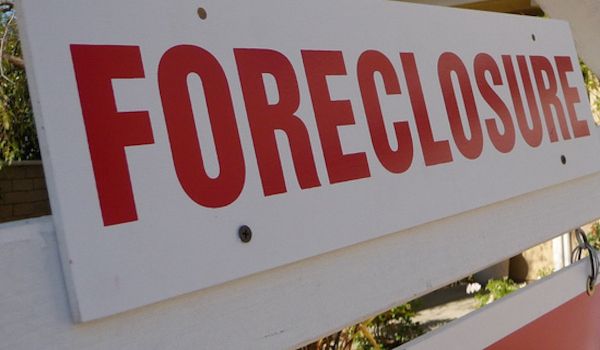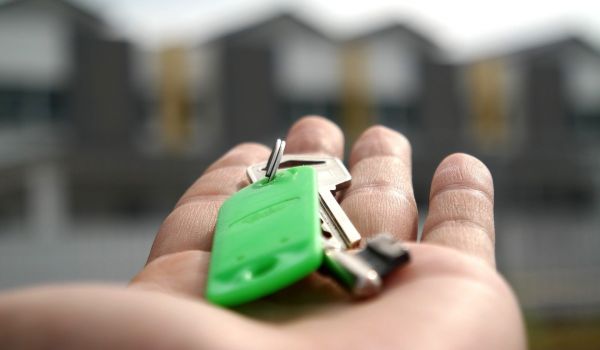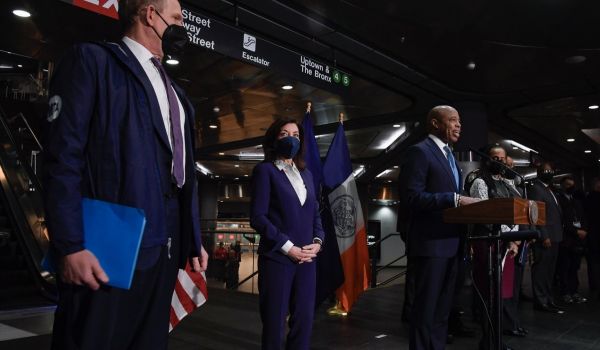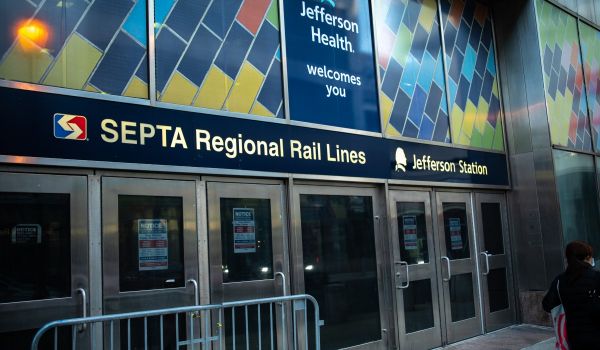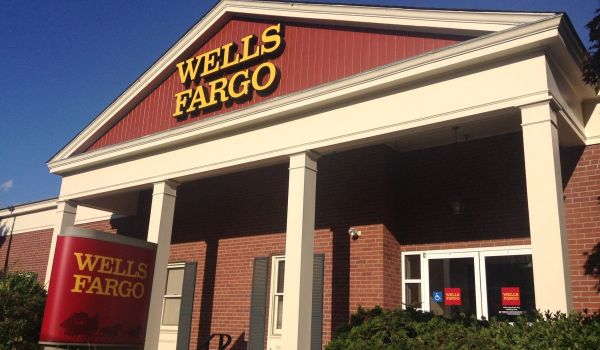In a span of three months, four people on e-scooters were killed by a vehicle — all but one at night. That’s when Atlanta took action. The mayor enacted a nighttime ban on e-scooters that shut off the devices every day from 9 p.m. to 4 a.m.
Atlanta councilmember Amir Farokhi recalls the upset response he received when the ban was announced in 2019.
“I got a bunch of emails from people who work at night and got off at like 11, 12 o’clock, saying, ‘Hey, I was using the scooter to get home or to get to the train station. Now I can’t use it anymore,’” he says.
Two years later, the ban is still in place and a micro-mobility option is denied to anyone out after 9 p.m.
It’s clear to Farokhi now: This is the kind of situation that calls for a night mayor, a city official who oversees activities and addresses issues that happen overnight. He proposed the idea of Atlanta hiring a night mayor. In October, this got a step closer to realization when the city council approved a feasibility study looking at the prospect.
Since the first night mayor was elected in Amsterdam in 2012, more cities around the world have created the position too. This is especially true in Europe and the U.S. Oftentimes, night mayors concentrate on nightlife and entertainment. But in addition to those elements, Atlanta is planning to focus on night-shift workers.
It’s part of a growing consciousness around night mayors’ responsibility to everyone who shares the night, whether that’s workers, people who are homeless or leisure seekers.
“There’s a much broader spectrum of stuff that happens at night in a city,” Farokhi says. “In a really vibrant city, there’s a fully-fledged nighttime economy, which frankly doesn’t get the same attention that the daytime economy gets.”
Night-shift workers – at hospitals, nightlife venues, hotels and rideshare and delivery services – face issues that their daytime counterparts are less likely to encounter, Farokhi says. They must get to and from work when nighttime transit options are more limited. The streets must be safe at night for people to walk.
Another issue is making sure there are bathrooms. As the availability of public bathrooms has decreased in cities nationwide the past decades, this has become a growing issue.
“It’s a basic human need,” Farokhi says. “The city needs to be able to provide it, especially at night when there’s fewer stores open or places that might normally allow you to come in to use the restroom.”
Night mayors are a growing trend. But until recently, they have focused on leisure rather than having a more holistic approach, says Andreina Seijas, an expert in night-time governance and planning who has worked around the world. (A book she co-authored on the subject, Managing Cities at Night, came out Nov. 16.)
“It’s a huge population of people who work at night that used to be invisible,” she says. “There’s much more that needs to be done to think about vulnerable populations at night, such as homeless, migrant groups that are vulnerable at night, as well as those who work at night.”
All of these people have rights to fair working conditions and getting home safely. Part of a night mayor’s job is protecting those rights, says Seijas, a Barcelona-based senior consultant at IdenCity, a firm that specializes in sustainable urban development strategies.
Atlanta has examples of other night mayors’ work to study. Seijas says London has a holistic nighttime strategy that goes beyond leisure workers to consider people working in call centers, airports and public transit. Washington, D.C., whose new night mayor started in November, created programs during COVID-19 to deliver meals to people working at night, she adds. In September, New York City started a mental health program for nightlife workers.
In Orlando, the night mayor launched free public bathrooms, a pilot program for food trucks and designated rideshare hubs downtown. But the night mayor position became vacant earlier in 2021 and Orlando hasn’t hired a replacement. In the meantime, all these programs have faded away.
Still, there have been periodic virtual meetings for a few years between all the American night mayors, Seijas says. They discuss best practices and during the height of COVID-19, they talked about dealing with curfews and how nighttime workers would get home safely while transit shut down. Seijas says the Responsible Hospitality Institute has been an important player in bringing together night mayors in the U.S.
The next step for Atlanta is its feasibility study to determine the responsibilities and budget for a night mayor. Farokhi is confident that the city will hire a night mayor in 2022. He envisions beginning with one person who will report to the mayor. Perhaps it could be a dedicated city department in the future.
“I hope that whatever Atlanta decides to do, that they have a broad perspective of the night as more than just entertainment and culture,” Seijas says. “It’s a time and space where people work and make a living. That needs to be thought of and regulated and governed and proactively thought through, taking everyone’s needs and interests into account.”

Adina Solomon is a freelance journalist based in Atlanta. She writes on a range of topics with specialties in city design, business and death. Her work has appeared in The Washington Post, CityLab, U.S. News & World Report, and other national and local outlets.



